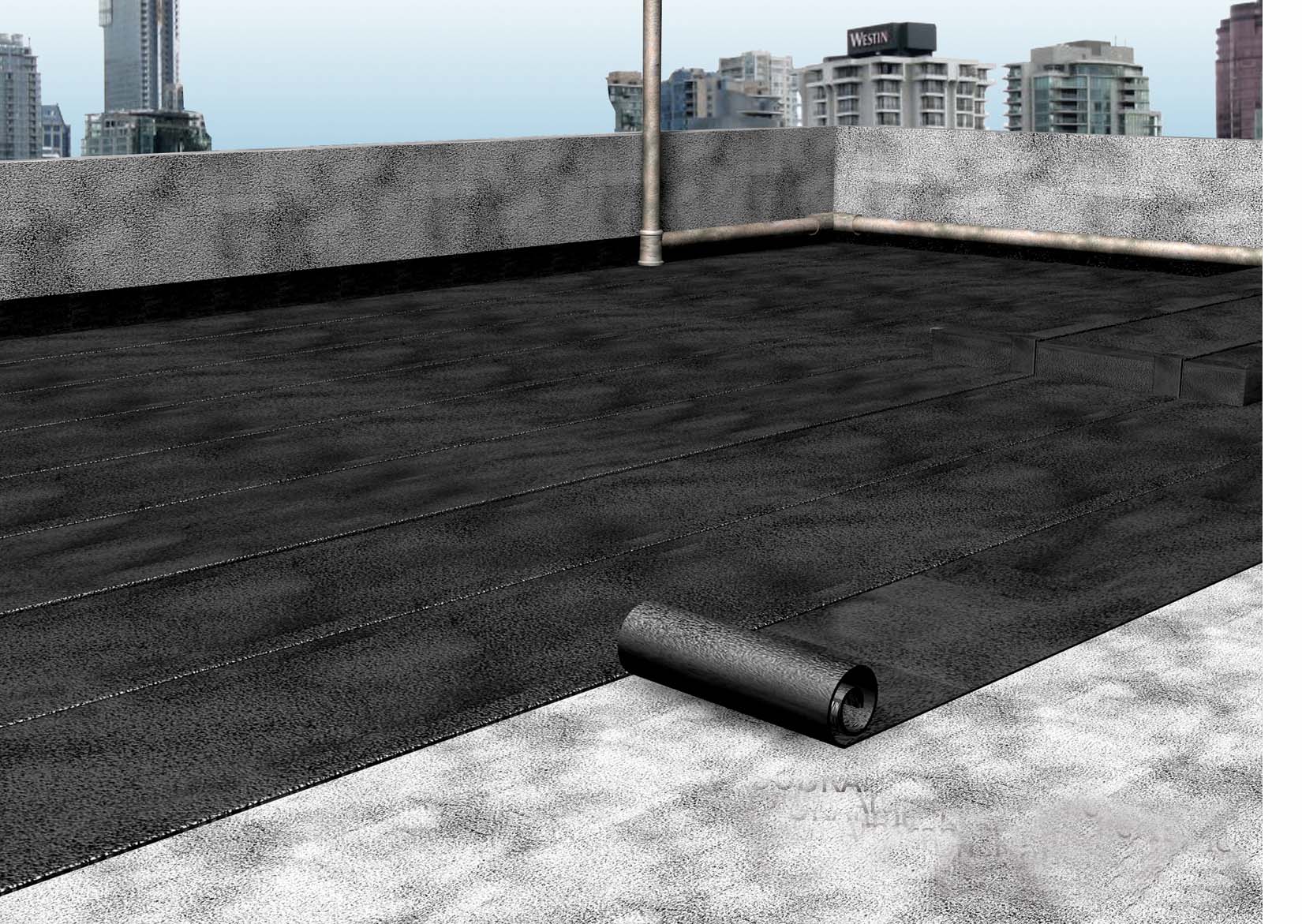In city settings, where space is at a premium level and the weather can be relentless, robust waterproofing strategies are vital for preserving the well-being of houses. Water infiltration not only jeopardizes the physical stability of buildings but also leads to a host of expensive issues, ranging from fungal growth to base damage. As a householder, understanding the significance of thorough waterproofing tactics can prevent you countless dollars in restoration costs and guarantee your home environment remains protected and comfortable.
This article delves into novel waterproofing techniques tailored for city homes, exploring into the basics of why waterproofing is important and what you should to know to protect your house. We will clarify common fallacies, point out signs that your home might demand prompt care, and lead you through both DIY fixes and expert options. Whether it's protecting your cellar from inundation or confirming your roof is ready to tackle the weather, we've got you covered with the comprehensive guide to modern waterproofing techniques.
A Essentials of Waterproofing: An Guide
Waterproofing is a crucial process for protecting houses and structures from moisture intrusion. It includes methods and materials designed to prevent water penetration, thereby protecting structural integrity and enhancing general strength. Neglecting Article source can lead to significant issues like mold growth, foundation damage, and expensive repairs. Comprehending the necessity of waterproofing is the first action towards ensuring a safe and healthy living environment.
The process of waterproofing differs depending on the location and requirements of a building. Crucial areas that frequently need focus include cellars, ceilings, walls, and external buildings. Every area has unique requirements and issues that must be tackled to effectively prevent water from infiltrating. This makes it essential to assess the individual needs of a property and implement specific waterproofing strategies.
Putting money in waterproofing not only protect a property but also contributes to its energy effectiveness. Effective waterproofing can improve thermal insulation, lower heating and cooling costs, and promote healthier indoor air quality by mitigating humidity problems. Obviously, waterproofing is more than just a preventive measure—it is an integral aspect of prudent property management that can reduce expenses and enhance the quality of life for residents.
Comparative Analysis: DIY vs. Professional Waterproofing
When evaluating waterproofing options, property owners often weigh the pros of tackling the project themselves against contracting experts. Do-It-Yourself waterproofing can be attractive due to possible cost savings and the fulfillment of completing a project on their own. Many homeowners experience success in limited areas, such as bathrooms or patios, using easily accessible waterproofing products. However, this approach requires a substantial investment of time and effort, along with a willingness to understand the intricacies of proper techniques to avoid common mistakes that could lead to insufficient protection.
On the other hand, expert waterproofing services bring expertise and experience to the table. Experts are typically well-versed in various waterproofing techniques and products, ensuring the job is done efficiently and properly. They can precisely assess the unique needs of your property, identify potential issues, and implement thorough solutions that DIY approaches might miss. Although this choice involves higher upfront costs, it may save property owners from costly repairs down the line due to water damage that resulted from improper installation.
In the end, the decision between DIY and expert waterproofing hinges on factors such as the difficulty of the job, the property owner's skill level, and their budget. For minor repairs or maintenance, DIY methods might suffice, but for more extensive projects or areas prone to substantial water intrusion, committing to professional services could provide greater peace of mind and durable results. Choosing the right approach is crucial to ensuring maximum protection against water damage for city homes.
Extended Advantages of Efficient Moisture-Proofing Methods
Investing in efficient waterproofing solutions provides numerous lasting benefits for city homes and structures. One of the primary benefits is the prevention of expensive moisture damage restorations. Excess moisture can lead to structural problems, mold issues, and harm to belongings, which can accumulate over time. By addressing moisture-proofing appropriately, homeowners can save thousands of money that would otherwise be spent on major repairs and renovation.
Another crucial benefit of proper waterproofing is the increase of property worth. Residences and buildings that are well-maintained and void of water damage are more appealing to prospective purchasers. A property with effective waterproofing practices in effect indicates to buyers that the structure has been well-treated, making it more likely to retain its value or even increase over the years. This is particularly important in competitive city markets where first impressions can greatly affect property values.
Efficient waterproofing strategies also contribute to enhanced energy performance. Water and leakage can compromise insulative properties, leading to higher heating costs and cooling bills. By preventing water leakage and maintaining a moisture-free setting, waterproofing helps to optimize a building's overall energy efficiency. This not only lowers utility bills but also promotes sustainable practices, matching with the increasing emphasis on sustainable construction and property upkeep.

